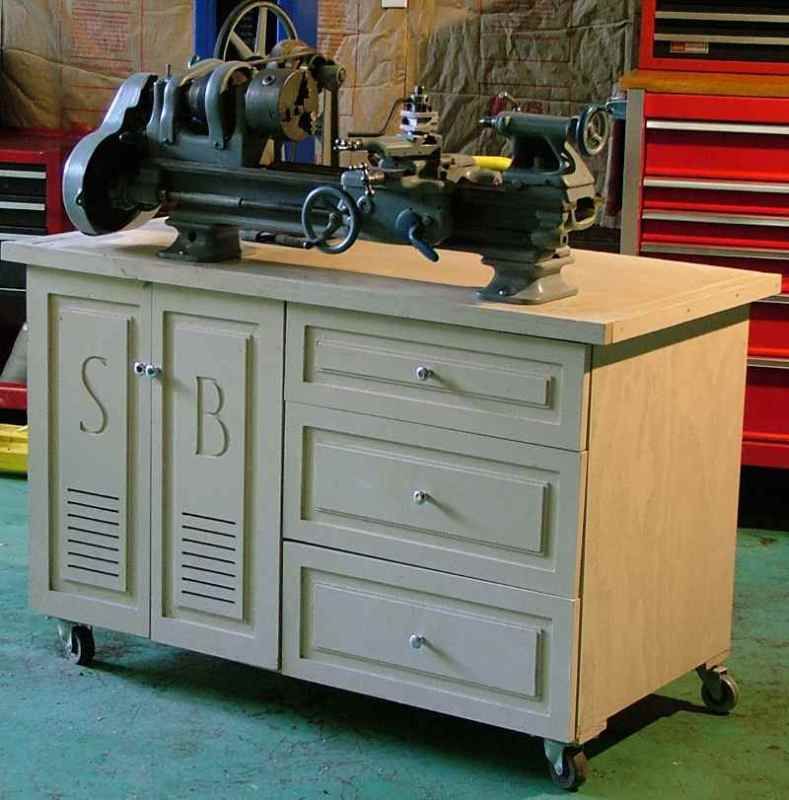Electrolytic rust removal
http://www.stovebolt.com/techtips/rust/electrolysis.pdfTools required;
plastic Bucket
scrap iron (or steel)
automotive battery charger
washing soda (sodium carbonate)

NYC_SKP
(68,644 posts)This is the first I've heard of it.
Thanks!
lumberjack_jeff
(33,224 posts)The key is washing soda - not baking soda, and a large anode.
I did this with an old southbend lathe. I built a 5' long box and lined it with plastic. Filled it with electrolyte solution and dropped the body of the lathe in. It took a couple of days but the finished product was de-painted, de-greased and de-rusted. Very nice.

NYC_SKP
(68,644 posts)cantbeserious
(13,039 posts)eom
Sherman A1
(38,958 posts)I will pass the link along to friends and family.
Curmudgeoness
(18,219 posts)That is incredible! Thanks so much for the info.
Now, I want to find something that needs rust removed so I can try this.
lumberjack_jeff
(33,224 posts)Just be sure you have the correct leads of your battery charger attached to your workpiece and anodes. Get it wrong, and you'll plate your sacrificial anodes with the metal from that antique tool. ![]()
Curmudgeoness
(18,219 posts)I will read the instructions several times before trying this myself.
I was just thinking of all the really rusted and very cheap things I see at antique shops or other places. They always looked like too much work to bother with before I saw this.
kristopher
(29,798 posts)I enjoy collecting old hand tools and to recondition them this stuff works really well. The off brands are inexpensive at about $1.50 for 28oz or so.
Considering the convenience I'll probably stick with it for small projects, but even though you can dilute it larger projects are apt to be a bit expensive. I look forward to trying your method out the next time I'm tackling something large like a 100 year old, 90lb vise.
Thanks.
PS - if anyone tries the hydrogen chloride read the precautions label. Be sure to use rubber gloves and do it in a well ventilated space - and I mean well ventilated.
ETA I'd never heard of washing soda and google tells me if I have trouble finding it, you can make it by baking regular baking soda at 400 degrees for about a half hour.
http://www.pennilessparenting.com/2011/01/homemade-washing-soda.html
lumberjack_jeff
(33,224 posts)You can also use table salt (sodium chloride) to do this but one of the byproducts is chlorine gas.
I don't know enough about the chemistry of hydrogen chloride to know if the electrolysis breaks the molecules in a similar way, but I would suspect that it does. Washing soda is pretty available (although I had to buy a mega quantity at the local farm supply store).
kristopher
(29,798 posts)I have an outside workspace under a roof where I do it and I leave the area after covering the material I'm treating. The quantity involved is, relative to bathroom use, very large and a corresponding amount of gas is produced.
Farm supply stores we have. I'll check there.